On this page, we deal with the following carbon-based alternative fuels:
Click a link in the list above to jump to that topic on this page.
(Remember, electricity is also an alternative fuel for transportation.)
Ethanol
Ethanol or bioethanol is an alcohol made by fermentation. The most common feedstock is sugar or starch crops. In much of the world the source is corn or sugarcane.
Manitoba has an ethanol plant operated by Husky Energy in Minnedosa, Manitoba. The plant feedstock for the facility is non-food feed-grade wheat and corn purchased from local growers. This includes soft wheat, prairie spring wheat, winter wheat and corn. Other grains such as durum, barley, and rye may be used on occasion.
Ethanol can be used as a fuel for vehicles in its pure form, but it is usually used as a gasoline additive to increase octane and improve vehicle emissions.
Many automobile manufacturers now make alternative fuel vehicles (AFV’s). Available in Canada, they are designed to run on E85 ethanol – 85% ethanol and 15% gasoline.
Cellulosic biomass, derived from non-food sources such as trees and grasses, is being developed as a feedstock for ethanol production.
Biodiesel
Biodiesel is made from vegetable oils and animal fats using a process called transesterification.
Biodiesel can be used alone as a fuel for vehicles in its pure form, but it is usually used as a diesel additive to reduce levels of particulates, carbon monoxide, and hydrocarbon emissions.
Research indicates that 20% biodiesel to 80% conventional diesel is the best mixture for reducing emissions and engine wear, while maximizing performance.
However, in Manitoba lower concentrations are usually called for to reduce problems of gelling in cold temperatures.
In 2009, Manitoba became the first province in Canada to mandate the use of biodiesel. As of November 1, 2009 all diesel fuel sold in the province must contain an average of two percent biodiesel.
Biodiesel has low aquatic toxicity and biodegrades in 30 days, making it an excellent alternative fuel choice for boats.
Benefits include:
- reduced emissions of carbon monoxide, particulate matter and hydrocarbon
- when mixed, accelerates biodegradation of diesel fuel
- reduces engine wear and noise
- the safest fuel to handle and store
- a renewable resource, creates new market potential for Manitoban farmers
- reuses waste products from the food service industry
- exhaust that smells like french fries, popcorn and doughnuts!
Natural Gas
Natural Gas is a fossil fuel that consists of 90% methane.
Emissions from natural gas vehicles (NGV) are mostly unburned methane. As such, it does not contribute to the formation of photochemical pollution (smog). Methane is also a greenhouse gas, but well-maintained NGV’s release fewer total emissions because of fuel system design.
Other benefits include:
- superior emissions performance than gasoline or diesel – combustion releases almost no particulate matter emissions
- sealed fuel system of NGV’s prevents evaporative and running loss emissions
- contains fewer toxic contaminants – such as 1, 3 butadiene, arsenic and benzene – than other fossil fuels
- Canada is rich in natural gas
Propane
Propane or liquified petroleum gas (LPG) consists mainly of propane, propylene, butane and butylene in various mixtures (1). Much of Winnipeg’s taxi fleet operated on propane before they converted to hybrid vehicles. It is the most publicly accessible alternative fuel.
Methanol
Methanol is another alcohol-based fuel, which is derived from natural gas.




